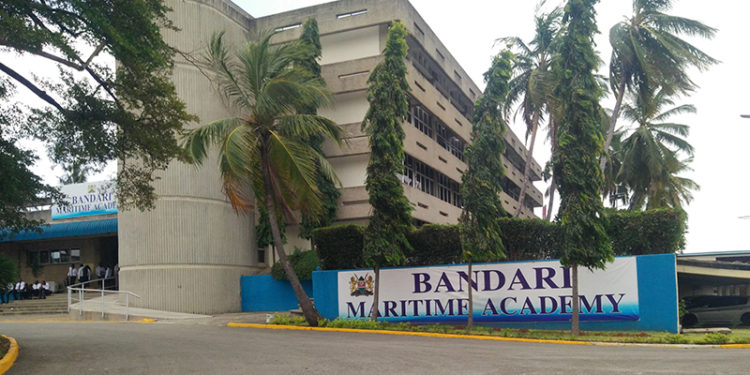Bandari Maritime Academy (BMA) has signed a deal with the Higher Education and Loans Board (HELB) that will open the doors for professionals seeking careers in the maritime industry.
The industry is currently struggling with a shortage of personnel due to the prohibitive costs of training abroad, which has made many students to shun careers in the industry.
Ms. Nancy Karigithu, the Principal Secretary in charge of Shipping and Maritime Affairs said that the government through HELB will explore schemes the board is currently running that go beyond the government allocations to ensure that lack of money no longer remains a barrier for creating industry professionals.
Selection of students for BMA will also be done by Universities and Colleges Placement Service. The facility has an annual capacity of admitting about 2,000 students. The Bandari College was uplifted into a maritime academy in 2018.
As one of the initial steps towards putting in place mechanisms to meet its expanded mandate, BMA has started the journey to develop the Institution’s Strategic Plan 2021-2025
The first internal stakeholder’s workshop on preparation of the Strategic Plan was held in Mombasa from 18-21 February 2020.
It focused on conducting a situational analysis of emerging issues and challenges, developing a strategic model by reviewing the vision and mission statement, and core values; identifying Key Result Areas/Strategic Focus Areas, Strategic Objectives and Strategies; and reviewing the existing organizational structure among other areas,
Opening the workshop last year, Karigithu noted that the realization of ongoing Government projects related to shipping and maritime transport was largely hinged on availability of adequate supply of properly qualified and certified professionals.
“Transformation of BMA as a center of excellence on maritime skills development has been prioritized by the Government through the MTP111” said the PS.
The government, she added, has identified the urgent need to build human resource capacity in such areas as; seafaring, port operations, ship operations; commercial and maritime law, shipbuilding and repair, maritime training, certification, and employment of seafarers.
The PS said preparation of the Strategic Plan will safeguard against facing bottlenecks when developing the Academy into a successful center of excellence. “It is important at this early juncture to identify challenges that might delay or stifle smooth progression towards the institution’s success so that they can be addressed promptly and comprehensively.
Following the transformation-with an expanded mandate to provide capacity building for the budding Blue economy sector in general and the wider maritime realm in particular, progress has been made to establish autonomy of the Academy.
The Strategic Plan will therefore offer a road map to define and determine its future, providing a process of how this will be achieved.





